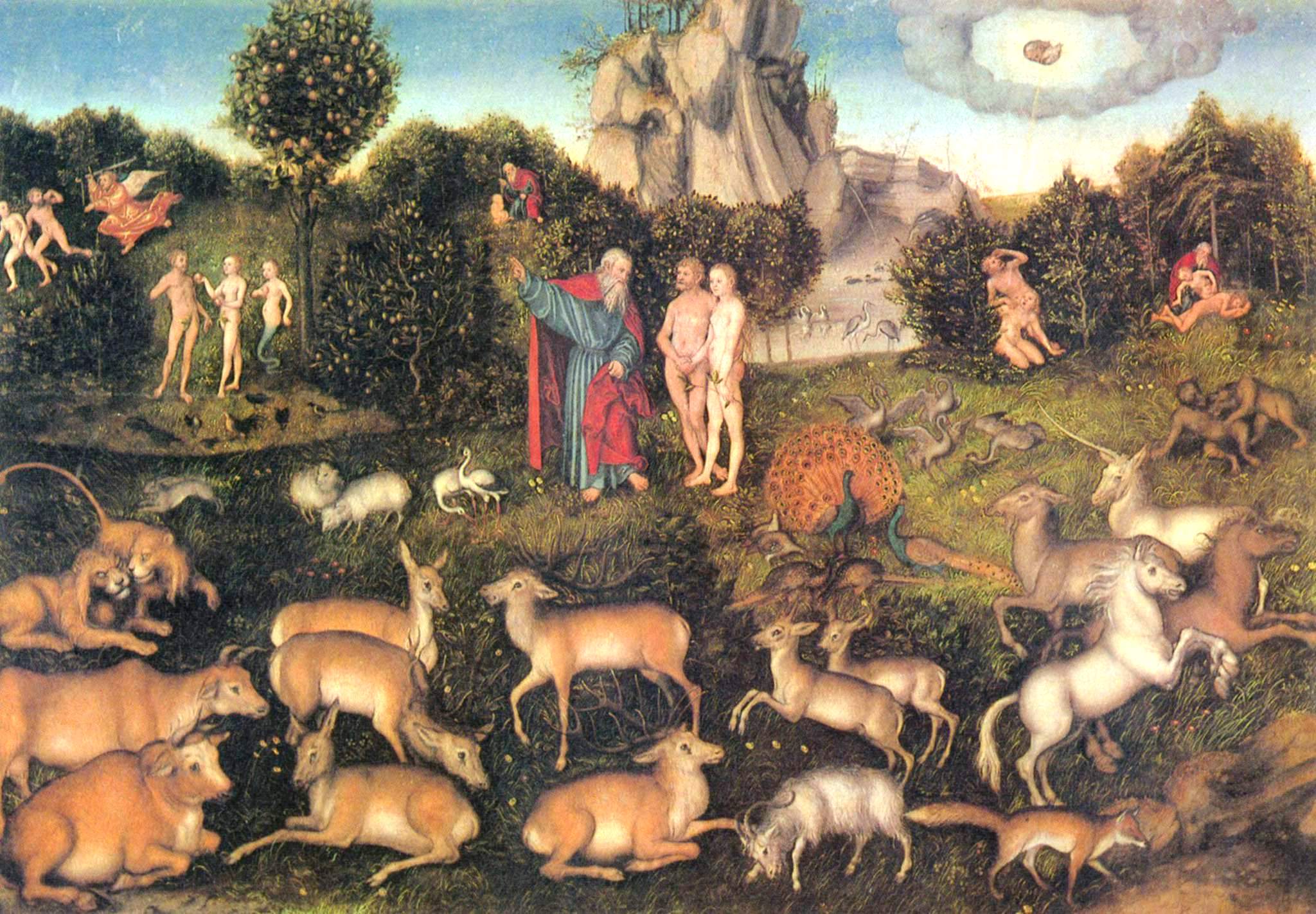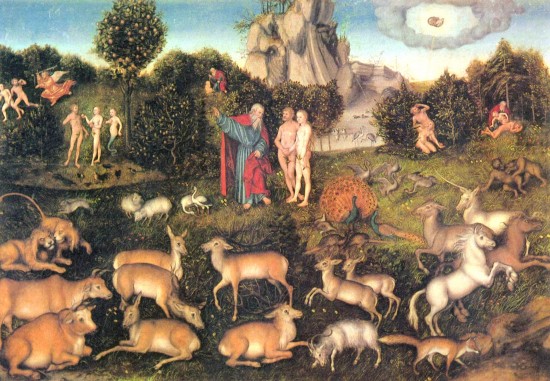What Does Be Fruitful and Multiply Say About Friendship?
Last week, I delved into why I consider friendship and community to be an essential part of the Christian belief system. This discussion began with the mysterious “Us” mentioned in Genesis 1:26.
Be Fruitful and Multiply In Genesis
Today, I’m pausing in the same chapter with another Creation-anchored phrase: Be fruitful and multiply. This is a phrase the writer of Genesis 1 attributed to God several times. “Be fruitful and increase in number…” God says to the animals in 1:22. Then, in 1:28, he repeats this longer version to the first humans:
Be fruitful and increase in number; fill the earth and subdue it. Rule over the fish in the sea and the birds in the sky and over every living creature that moves on the ground.
Still later, this phrase is echoed to Noah’s family in 8:17, 9:1, and 9:7.
So You Have to Have a “Quiver” Full of Kids? Seriously?
First things first: When taken the most literally, some have historically seen the command to be “be fruitful and multiply” as a cultural mandate to have as many children as you can. They sew this verse together with Psalm 127:3-5 which describes how children are a blessing and then they use these paired Scriptures to suggest we should all have a “…quiver full of kids.” But that understanding is probably too one dimensional, not to mention perhaps irresponsible since God didn’t even give every individual the capacity or desire to reproduce.
(Not to mention as a mom of two chaotic toddler boys, I’m highly skeptical that the children of the world would be better cared for if 18 of them were assigned to each family. Come on, right?)
We Bear Fruit In Many Ways
While I’m sure “be fruitful and multiply” includes the idea of bearing children, then, I’m wondering if it is more than just biological flourishing being commanded here. Does the “be fruitful” instruction go beyond physical reproduction?
Think about verse 27, for example:
27 So God created mankind in his own image, in the image of God he created them; male and female he created them.
Somehow, in some ways, we are like God, right?
God, Genesis tells us, passed on his likeness to human beings. He put some characteristics of God in us. And thus, some of what is in us is also in God.
Mind-blowingly, we share some percentage of image or makeup with God himself.
As follows, there is likely some theological weight in being imprinted with bits of God. If we really pause to think this through, it’s almost as if people are sacraments; that our very bodies are symbols of a spiritual reality. That in doing as God commanded Adam and Eve–in serving as guardians, in clinging together in tribes, in distributing God’s blessing–perhaps we even mirror little bits of God to each other.
That in knowing each other, perhaps we are able to know some of God.
I wonder if bearing fruit, then, might have also included encouragement for humans to bear God to the world.
The New Testament Peeps Loved Their Fruit
This understanding even perhaps foreshadows how the New Testament writers eventually used fruit as a metaphor, right?
For them, bearing fruit meant bearing the story and qualities of God. Among many other mentions in the gospels, John the Baptist said, “Bear fruit in keeping with repentance.” In Galatians 5, Paul famously extends the metaphor to detail “the fruit of the Spirit is love, joy, peace, forbearance, kindness, goodness, faithfulness, gentleness and self-control.” And Philippians 1:11 told believers to be filled with “the fruit of righteousness that comes through Jesus Christ.”
If this doesn’t already sound like language that had its origins in Eden, in Colossians 1, we find this claim: the gospel, it says, is bearing fruit and growing throughout the whole world. The gospel, like humans, bears God to the world via fruit.
By the time Paul says in verse 10 that he is praying for the early believers “so that you may live a life worthy of the Lord and please him in every way: bearing fruit in every good work,” then, I am hardpressed NOT to think back to God’s Eden instructions to Adam and Eve.
Bear fruit in every good work.
Be fruitful.
By design, humans bear fruit–images of God–to those around them. And if this is the case, then it makes sense that friendship would be a powerful incubator for how we reflect God to one another.
What do you think? Do you think bearing fruit could possibly include the idea of bearing the image of God? What other thoughts occur to you as you read? Pushbacks?



Darrel October 8, 2014 (6:48 pm)
I have thought about the idea that we are made in God’s image and how there’s a little bit of God in everyone. I had never connected that idea to the value I’ve found in many friendships that reflect God to me though. That was an interesting link to make here. It makes sense given my experience too. When you said at one point that you know God through friends, a lot of my own observations just fell into place behind your conclusion. Thanks for this.
I know what I think about this, but I’d be curious about what you’ve heard too. Some people act like I’m being too relativistic when I act like I can see some of God in friends who aren’t religious. But this post seems to support me making this claim. Do you agree?